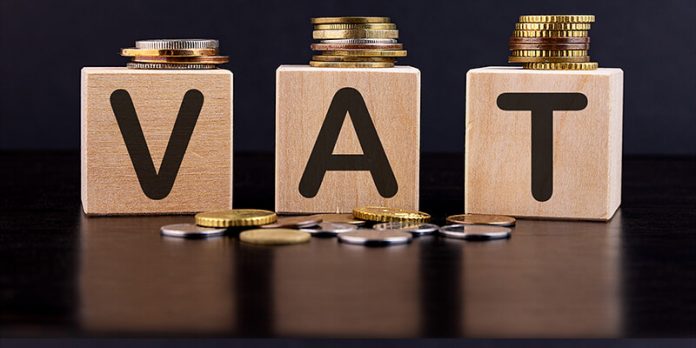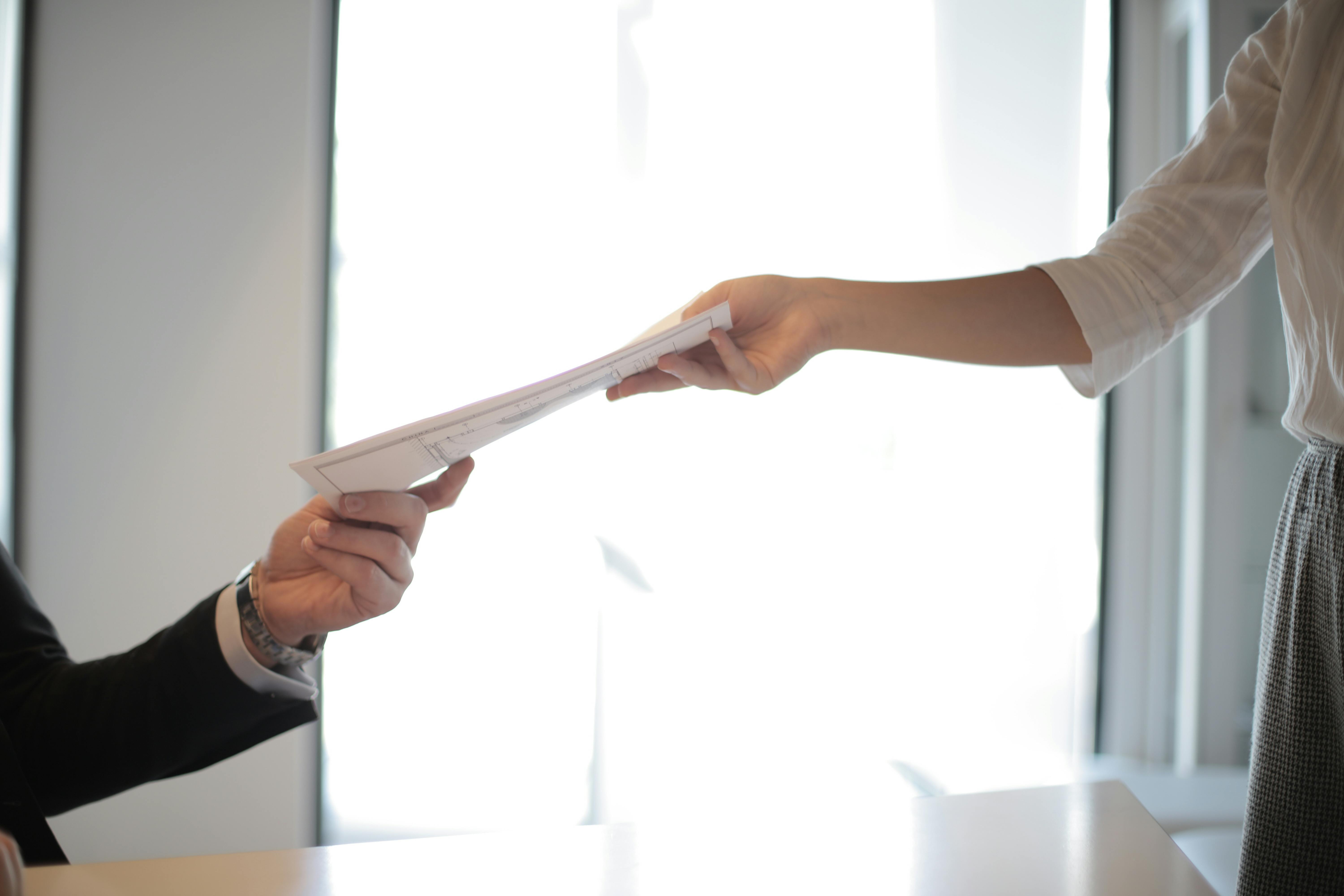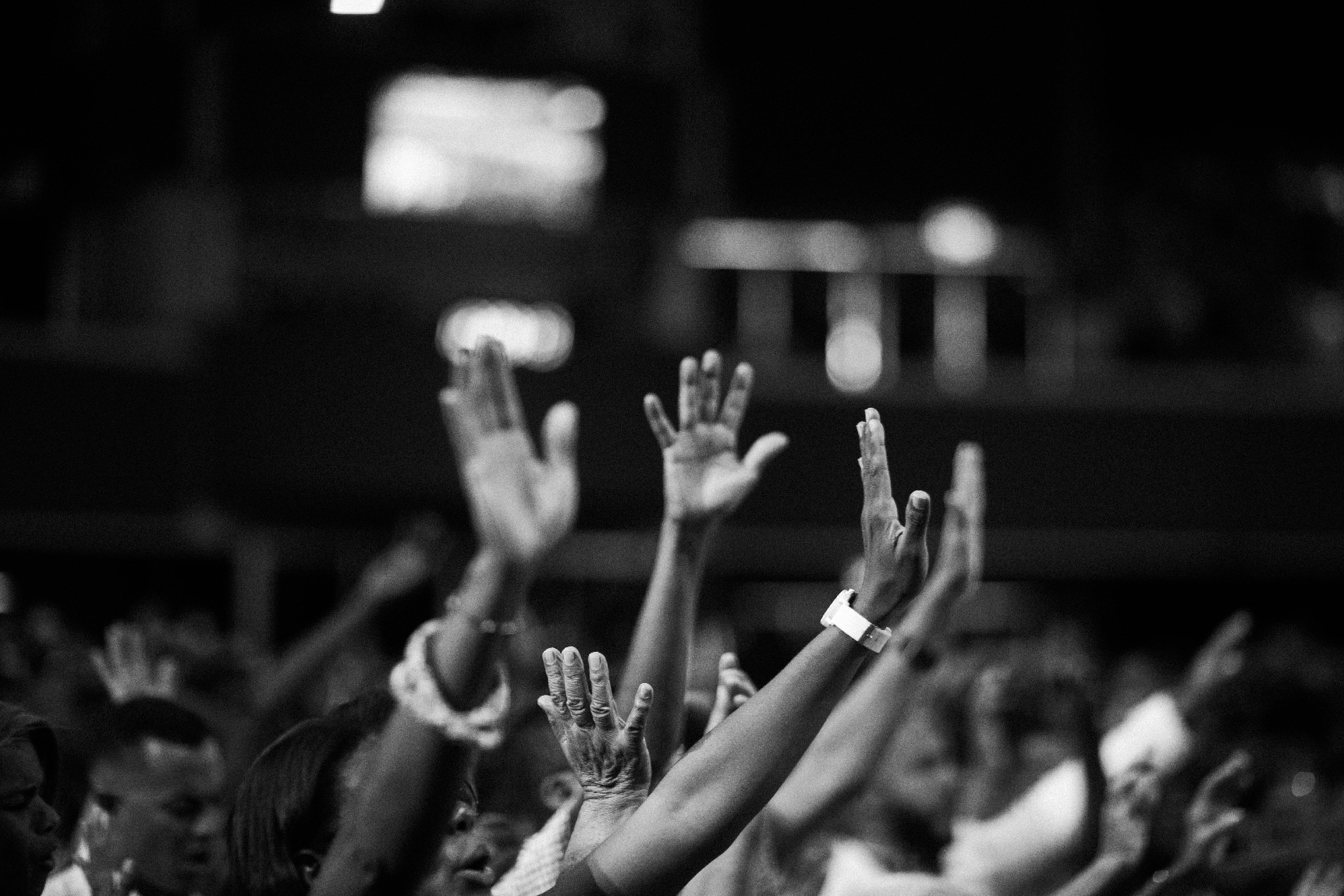VAT IN THE UK: ARE CHARITIES TRULY EXEMPT FROM VAT?

How to Effectively Use Social Media For Fundraising Efforts
November 20, 2023The Importance of Churches Banking Every Donation: Ensuring Transparency and Accountability
February 21, 2024VAT, or Value Added Tax, is a tax you pay when you buy things. It is the extra cost that is added to the original cost of an item. For example, when you’re buying a new phone, if the phone costs £100 and has a standard rate of 20% VAT, you will pay £120 (the original price plus the VAT).
In the UK, VAT is an important tax because the money collected from VAT goes to the government and helps fund public services like schools, hospitals, and infrastructure. Yet, many people are not familiar with how VAT works, its rules and regulations.
For charities, understanding how VAT works is essential as they interact with VAT in different ways, and it affects many aspects of their organisational operations. In this blog, we highlight what charities should know about VAT in the UK, including whether charities are truly exempt from paying VAT.
Categories of VAT
To properly understand how VAT works in the UK, let’s look at how VAT interactions are categorised:
- Outside the Scope: There are certain activities that are outside the scope of VAT – what this means is that when engaging in such activities, individuals are not charged VAT. A common example is donations; when donating to a church or charity, you are not charged VAT.
- VAT-able: Items and activities that are subject to the payment of VAT are often referred to as VAT-able (Taxable) activities or items. There are three types of VAT that such items or activities are subject to. These are standard, reduced, and zero-rated VAT. We will look at each of these individually in the next paragraph.
- Exempt: There are sectors in which transactions do not attract VAT. Such sectors are referred to as VAT-exempt sectors, examples include insurance and healthcare.
Types of VAT
Now, let’s delve a little bit deeper into the types of VAT that VAT-able activities or items are subject to:
- Standard Rate VAT: This is the type of VAT that most people are familiar with. It is added to most things you buy and services you use in the UK. The UK standard rate for VAT is 20%. This rate applies to a wide range of items and activities such as clothes, electronics, and eating out at a restaurant.
- Reduced Rate VAT: This is a special lower rate of VAT that is applied to certain items. Think of it as the government giving a discount on the VAT due on particular items in order to encourage people to buy those items that are considered good for society or the environment, e.g., children’s car seats or energy-saving equipment for your home. Reducing the VAT rate affects the overall cost of these items and makes them more affordable.
- Zero-Rate VAT: This is another special category where the government charges you a 0% tax on certain goods and services. It’s essentially a way of saying you don’t have to pay any extra tax on these particular things because the government wants everyone to be able to afford these items, e.g., most food items, medicine, etc.
Understanding the various types of VAT is important for navigating tax implications effectively, ensuring that the rules are followed, and costs are properly tracked.
Are Charities Truly Exempt from Paying VAT
The simple answer to the question is charities enjoy VAT relief or exemption on goods and services related to their charitable causes. If charities conduct non-charity activities, they pay the standard VAT rate.
Specific examples of VAT Relief for Charities
To get VAT relief, a charity must be recognised by HMRC. This involves being based in specific regions, having a charitable purpose, and being run by qualified individuals. Some of the VAT relief or exemptions available for charities that meet the aforementioned criteria include:
- Fuel and power usage: Charities pay Reduced-Rate VAT for fuel and power used in buildings for non-business activities. They pay reduced VAT for up to 1,000 kWh of electricity or a 2,300-liter gas oil delivery monthly. Exceeding this incurs standard VAT rates on the excess. This applies to gases, electricity, oils, and solid fuels, excluding vehicle fuel.
- Special goods and services: Charities pay Zero-Rated VAT on special items like equipment for the disabled and sea rescue or the construction of certain buildings.
- Welfare services, grants and fundraising events: Charities are exempt from paying VAT on these activities.
For a detailed list of VAT relief items for charities, click here. When in doubt, charities should contact His Majesty’s Revenue & Customs (HMRC) to find out if they qualify for VAT relief on a given activity or item.
Reclaiming VAT
It is also important to note that charities can reclaim VAT on eligible expenses incurred on goods and services directly related to the organisation’s charitable activities. However, the ability to reclaim VAT is dependent on the nature of the expense and its direct association with the charitable work, and the charity must be registered for VAT. Usually, a charity is expected to register for VAT if their sales exceed the VAT threshold of £85,000, but charities who are yet to exceed the threshold can register voluntarily and benefit from claiming VAT paid on eligible expenses.
Why We Charge VAT on Our Services
Sometimes, our clients (charities) wonder why we charge VAT on services we render to them. The answer is that according to UK VAT laws, the services we provide to charities qualify as a business activity; hence, it is not exempt from VAT. Our responsibilities as a VAT-registered business involve incorporating VAT into our service prices, maintaining precise VAT records for business purchases, and submitting quarterly VAT returns to HMRC). Even though we are bound by law to follow the VAT rules as a VAT-registered business, we still offer VAT-exempted services to our clients in certain areas where it is legally possible to do so, such as in our envelope sales. This is to say that we only charge VAT where it is absolutely necessary.
Finally, to gain a further understanding of your VAT responsibilities or registration status, we recommend you get in touch with HMRC for further clarification about VAT for your charity. Our Co-Founder, Des Stewart, has also shared in-depth insights on this topic from first-hand experience of helping churches and charities maximise their income for over 12 years. Click here to watch his 3-minute video on charities and VAT.





